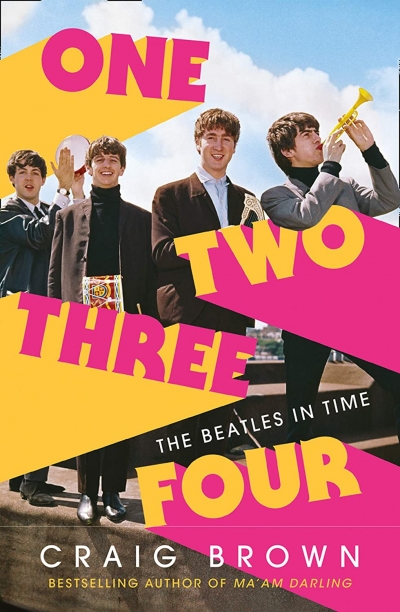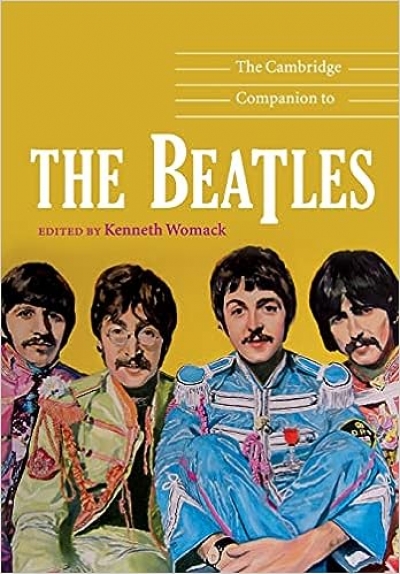Winner of the Independent ‘Music Book of the Year’ for 2009,The Cambridge Companion to The Beatles is a collection of thirteen essays dedicated to arguably the most significant pop/rock group of the last century. It follows such recent tomes as Walter Everett’s two-volume The Beatles as Musicians (1999–2001), Devin McKinney’s Magic Circles (2003), the Beatles’ self-penned Anthology (2000), Kenneth Womack’s and Todd F. Davis’ Reading the Beatles: Cultural Studies, Literary Criticism, and the Fab Four (2006) and Olivier Julien’s Sgt. Pepper and the Beatles: It Was Forty Years Ago Today(2009). One might, therefore, question whether yet another substantial volume can add anything of interest – in fact, some of the contributors to the Companion also appear in Julien’s book – but the Companion is a most worthwhile addition to ‘Beatleology’. All chapters have merits, but as the contributors come from a variety of disciplines, the overall tenor of the volume is uneven: some pieces (such as Bruce Spizer’s unreferenced ‘Apple Record’) are aimed at a general audience, while others (such as Walter Everett’s ‘Any Time at All: The Beatles’ Free-Phrase Rhythms’) are suited to musically literate readers. Inevitable overlap in information occurs at times.
...
(read more)



